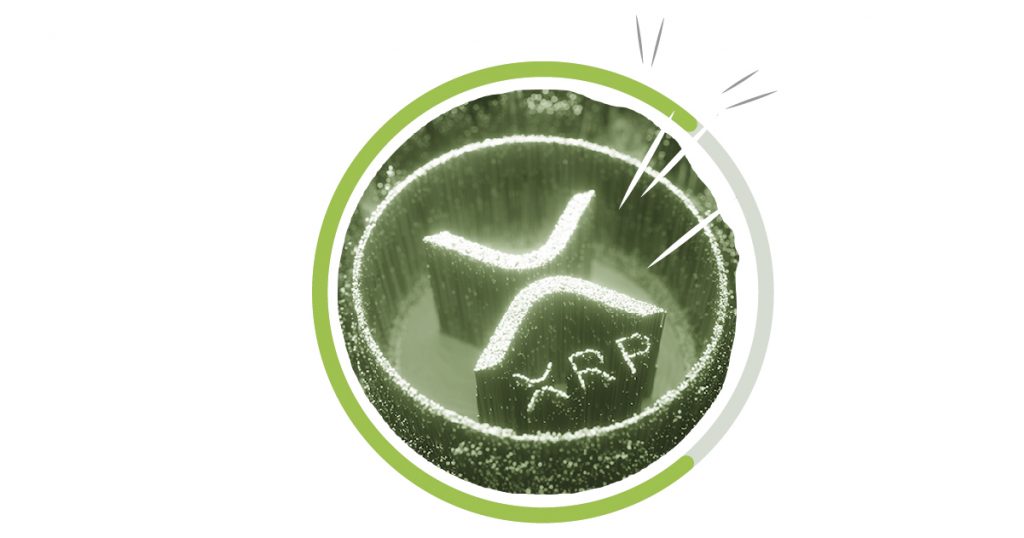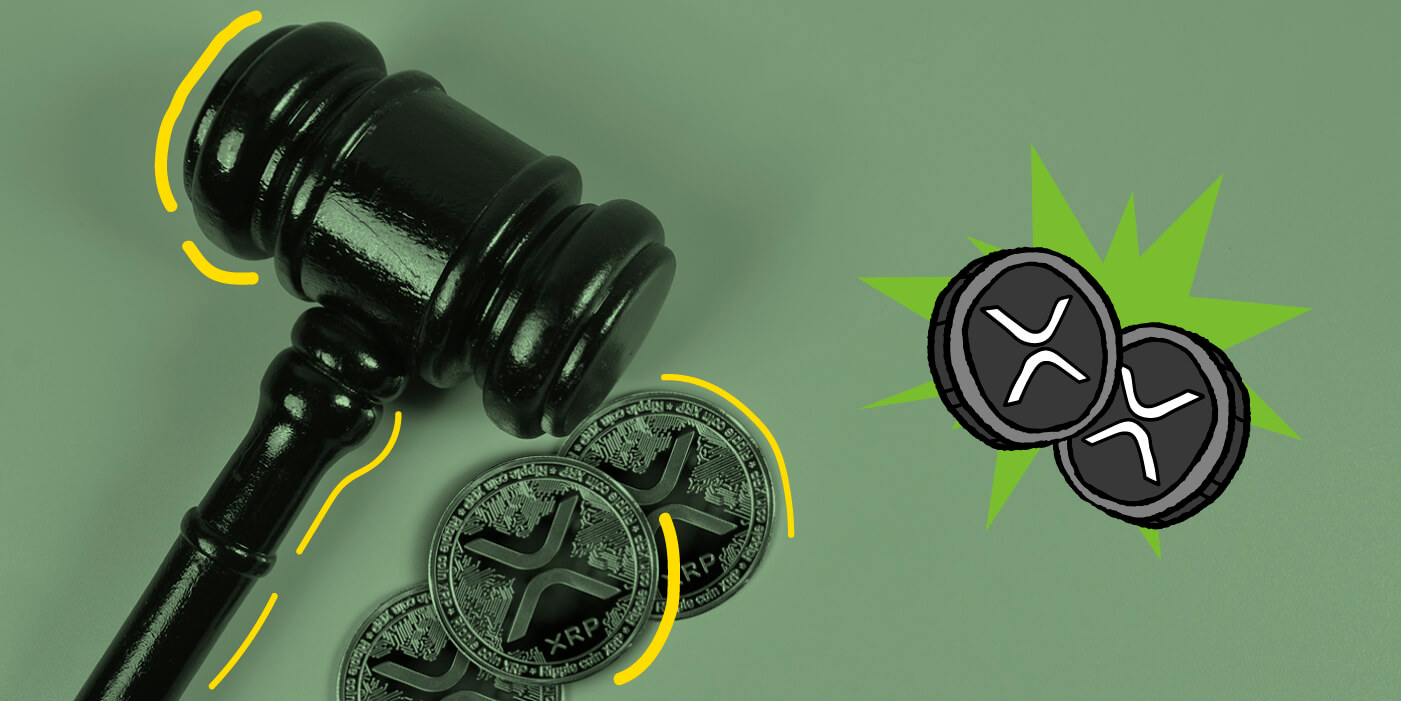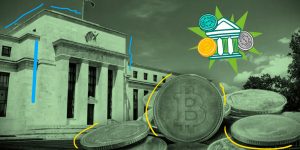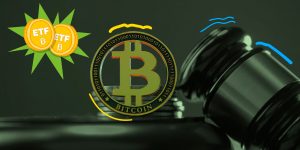XRP, the Cryptocurrency associated with Ripple, has achieved a historic victory over the United States Securities and Exchange Commission (SEC), which sued it in December 2020 for selling unregistered securities worth $1.3 billion. The court handling the case has ruled that XRP is not a security, that is, a security subject to strict regulation, but a digital currency or a commodity, which is a great relief for Ripple and its investors. However, the court has also found that Ripple violated securities laws by selling XRP directly to institutional buyers, which could result in the payment of a fine or compensation.
Click to Tweet: XRP Celebrates Historic Victory Over SEC: What Does It Mean For The Future Of Cryptocurrency? Discover the details of the trial and the implications for the market in this blog: [link] #XRP #SEC #Ripple #Criptomonedas
What arguments did the SEC use to sue Ripple?
The SEC relied on the so-called Howey test, which is used to determine whether a financial asset represents a stake or debt in an entity and, therefore, is a security. According to this test, there are four elements that define a security: an investment of money, in a joint venture, with the expectation of obtaining benefits, thanks to the efforts of others.
The SEC alleged that Ripple sold XRP as a way to finance its business and create a network of users who relied on its platform. The SEC maintained that XRP buyers expected to profit from Ripple’s efforts to increase the value and utility of the Cryptocurrency. Furthermore, the SEC claimed that Ripple and its executives exercised significant control over the supply and distribution of XRP, allowing them to manipulate the price and the market.
What arguments did Ripple use to defend itself?

Ripple denied that XRP was a security and claimed that it was a decentralized digital currency that functioned as a medium of exchange between different networks. Ripple argued that XRP did not represent any interest in or rights in the company, and that XRP buyers did not have any contractual relationship with Ripple or depend on its actions for profit. Ripple also argued that XRP had intrinsic utility as a way to transfer value quickly and cheaply, regardless of Ripple’s platform.
Ripple relied on the fact that other international regulators, such as the United Kingdom, Japan or Singapore, had classified XRP as a digital currency or commodity, not as a security. Furthermore, Ripple questioned the legitimacy and timeliness of the SEC’s lawsuit, which was filed eight years after the launch of XRP and on the eve of the change of administration in the United States. Ripple accused the SEC of causing irreparable damage to investors and the market by causing a massive drop in the price of XRP and forcing various platforms to suspend trading.
What has the court decided and what are the consequences?
The court in charge of the case is the Southern District Court of New York, presided over by Judge Analisa Torres. The court has decided that XRP is not a security in its sales in the secondary market, that is, among individual investors. The court has found that XRP does not meet the Howey test because it does not involve an investment in a joint venture or depend on the efforts of others to generate profit. The court has recognized that XRP has a practical function as a means of payment and that its price is determined by market forces.
However, the court has also decided that XRP is indeed a security in its institutional sales, that is, between Ripple and other financial players. The court has found that these sales do meet the Howey test because they imply an investment in Ripple and an expectation of profit based on its efforts to promote and develop XRP. The court has concluded that these sales constitute an unregistered offer and sale of securities in violation of federal securities law.
This decision represents a partial victory for Ripple, which is freed from the most serious accusation and can continue to operate XRP as a digital currency or commodity. However, it is also a partial defeat for Ripple, which will have to take responsibility for institutional XRP sales and face potential sanctions or lawsuits. The court has yet to determine the amount of the fine or compensation that Ripple will have to pay, nor whether it will affect its executives or institutional investors.

How has the market reacted to the news?
The market has reacted enthusiastically to the news of XRP’s victory over the SEC, driving the price of the Cryptocurrency to a yearly high of $0.82, marking a 74% surge in a single day. The XRP price has also been helped by the overall rally in the Cryptocurrency market, which has surpassed $2 trillion in capitalization. XRP has become the fourth largest Cryptocurrency by market capitalization, surpassing USD Coin (USDC) and Binance Coin (BNB).
XRP’s victory over the SEC has also had a positive impact on Ripple’s reputation and confidence, which has seen its position as a leading company in the cross-border Cryptocurrency transactions industry strengthened. Ripple has expressed its satisfaction with the ruling and has reiterated its commitment to innovation and responsible regulation. Ripple has also appreciated the support of its trading partners and the XRP community, who have remained loyal throughout the legal process.
Conclusion
In conclusion, XRP’s victory over the SEC is historic news for the future of Cryptocurrency and the entire industry. The court’s decision sets an important precedent for other Cryptocurrencies that could face similar lawsuits from the SEC. Furthermore, it opens up new opportunities for the growth and development of XRP as a useful global digital currency.











